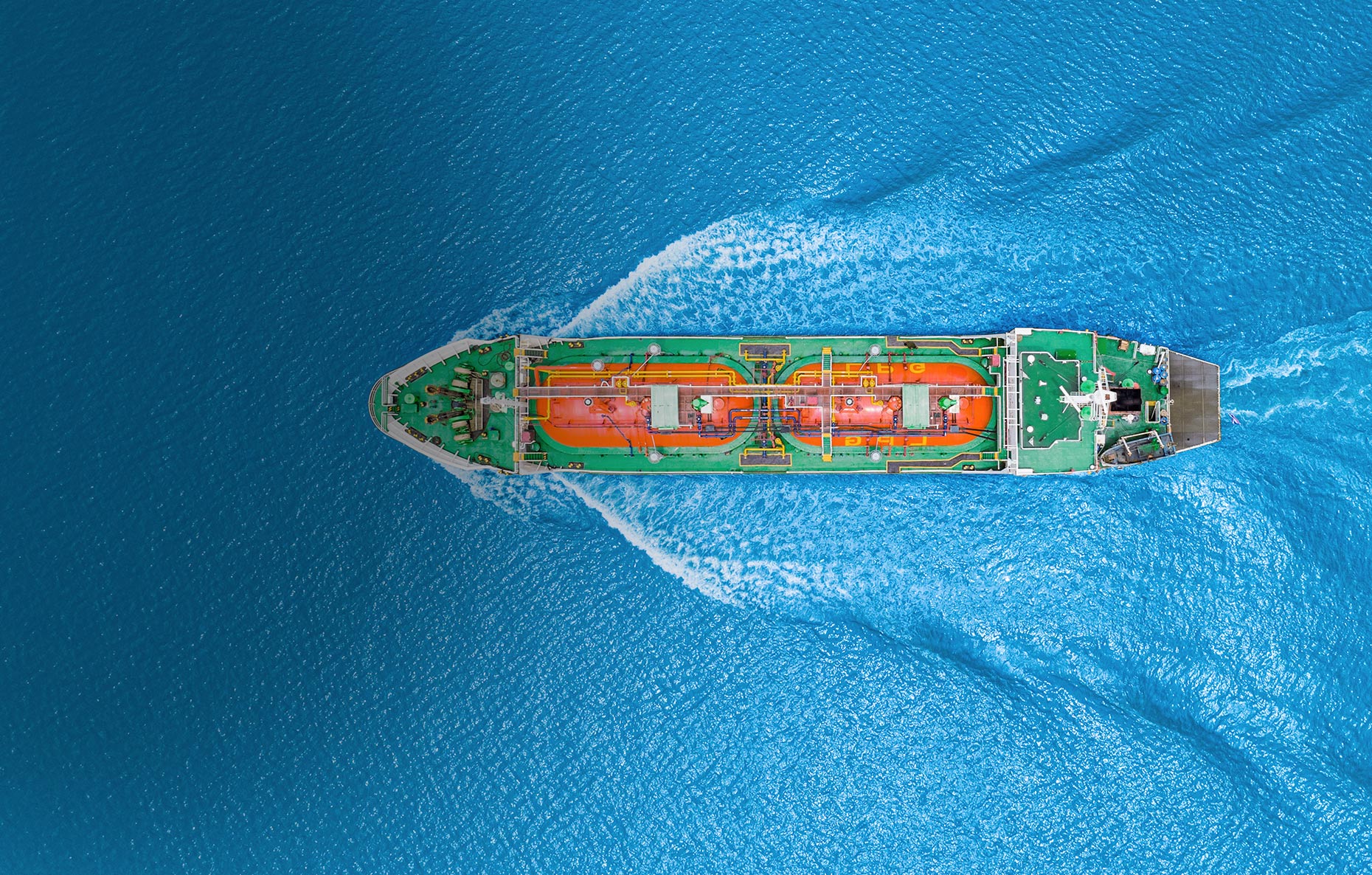Madison Money Market Fund
Daily Yield: 10.72%
Effective Annual Yield: 11.31%
Madison Fixed Income Fund
Daily Yield: 11.89%
Effective Annual Yield: 12.63%
Madison Wealth Special Fund
Weekly Average Daily Yield: 11.81%
Weekly Average Effective Annual Yield: 12.53%
Smooth sailing guaranteed
Marine Insurance
You can now relax because we’re covering your cargo.
Protecting your shipment has never been made easier. This schedule helps you protect your goods, no matter the size.
Why Should you Insure Marine Cargo?
- To cover against any perils that might happen at sea such as; fire, collision, sinking, damage, weather damage, non-delivery, other cargo damage and pilferage.
- Secure protection in the event of general average loss.
- All parties interested in the adventure contribution towards the expenses incurred to save the voyage. Marine insurance takes care of such contributions and incidental expenses, on behalf of the insured.
- It covers bills that are issued by the bank such as, bill of lading/ airway bill, invoice and packing specification, marine policy and in some cases certificate of origin and clean report of findings. The bank will not discount the bill unless the goods as specified in the letter of credit are insured against marine risks.

So, Who’s Responsible?
- The sale contract will determine who insures: the shipper or the beneficiary.
- Where goods are sold FOB (free on board) and C&F (cost and freight) the shipper is responsible for the goods until they are loaded on board the vessel.
- Transit cover until the goods are on board is therefore to be arranged by the shipper.
- If the sale is CIF (cost, insurance and freight) insurance for the entire transit will have been arranged by the seller.
How much is needed and points to note:
- Indemnity in the event of loss is dependent on the adequacy of the sum insured.
- Ideally the amount to insure should be the delivered cost at final destination i.e. the invoice cost plus freight, clearing and inland transportation expenses.
- It is advisable also to cover duty and taxes payable at destination etc. and to add a non-speculative mark up to cater for the profit element.
- The type of currency used in your invoice won’t affect the sum of the amount insured.
- Basis of Value (BOV) is vital in that it reflects the overall cost of the goods and shipping contract and becomes the basis of settling loss. It may be FOB, CIF, C&F plus VAT plus Duty and at times with a 10% to 20% incidentals.
- Duty and VAT loading elements are rated separately as they become due only on arrival of the cargo in Kenya.
Factors to Consider?
- Cover required
- Terms/warranties applicable.
- Type of policy.
- Claims experience.
- Gut feeling.
- Basis of valuation.
- Packing.
- Conveyance.
- Storage, Deferred Unpacking (Concealed Losses), Transit extension, Trans-shipment and War + SRCC should attract additional premiums.
